What is an implantable cardioverter-defibrillator?
The cardiac specialist at Lakewood CCL may determine that a patient experiencing an abnormal heartbeat is a candidate for an implantable cardioverter-defibrillator or ICD.
An abnormal heartbeat is described as the heart beating too slow, too fast, or out of rhythm.
Sometimes an abnormal heartbeat can be dangerous because it prevents the heart from appropriately pumping blood to the brain and the rest of the body. It can cause cardiac arrest without warning, and even death if the patient is not treated immediately.
The ICD can treat abnormal heartbeats that can lead to cardiac arrest, giving patients a greater chance of survival.
How does an ICD work?
The Lakewood CCL cardiologist will implant the ICD in the patient’s chest under the skin. This very small device has a battery and wires – or “leads” – which go from the battery, through a vein, to the heart.
The battery creates an electrical shock that travels to the heart when it senses an abnormal heartbeat. The quick electric pulse helps the heart beat normally again on its own.
Additionally, the ICD records abnormal heartbeats so the Lakewood LLC specialist can analyze how the heart has been beating.
Patients will likely feel it when an ICD gives a shock, although patients might pass out before noticing any pain. Patients should contact the Lakewood CCL medical team, serving The Villages, Leesburg, Wildwood and areas throughout Lake County, Sumter County and Marion County, so the cardiologist can look at the record of heartbeats and make any necessary changes to how the ICD works.
Living with an ICD
Most patients who have an ICD live a normal life. However, they’ll need to check the device regularly to make sure it’s working. They can do so by using a phone or computer. The Lakewood CCL medical team will train the patient on how to do this.
It’s important to speak with your cardiologist about driving as some states do not allow people with an ICD to drive. Also, avoid certain electric or magnetic sources, such as a metal detector at the airport.
Finally, be sure to let all your medical providers know if you have an ICD. Some procedures and tests may not be safe for people with an ICD, such as an MRI.

